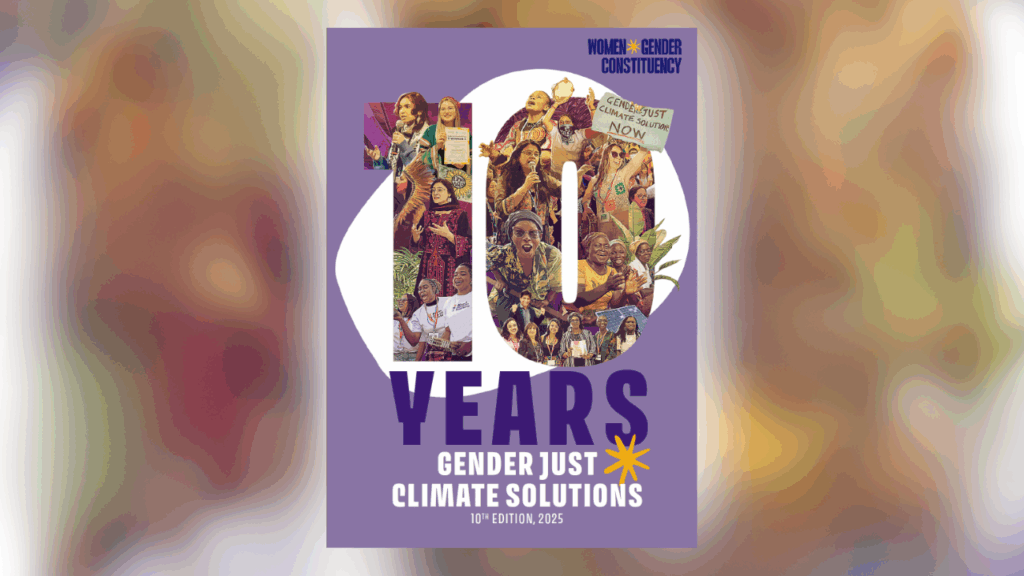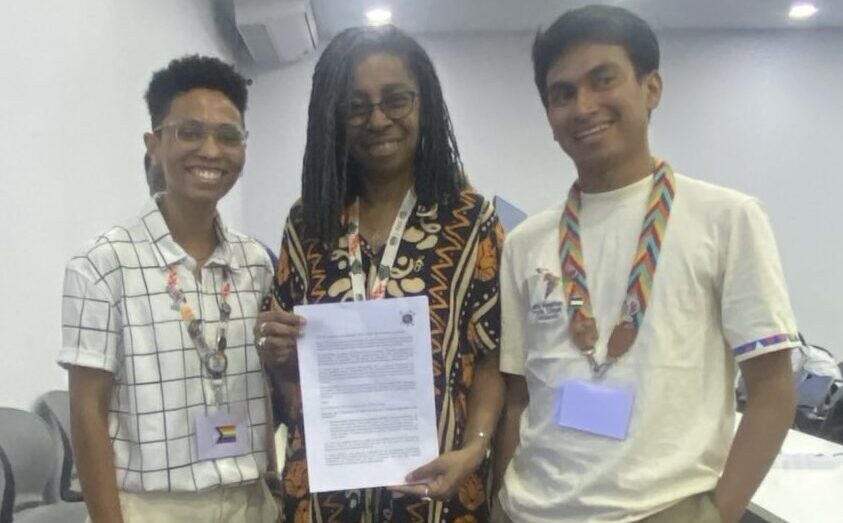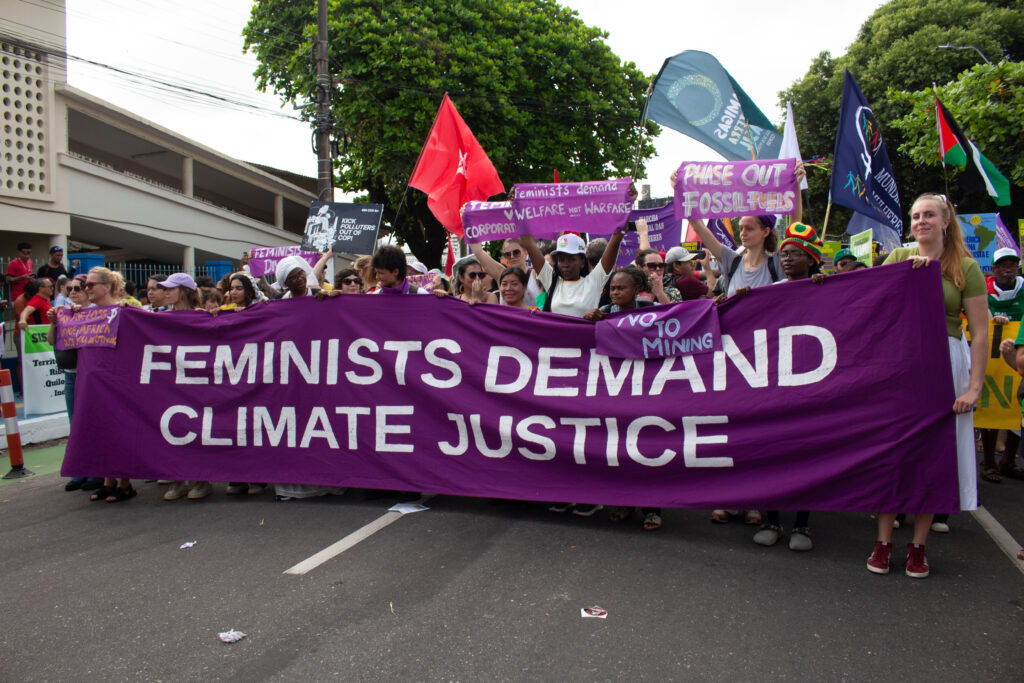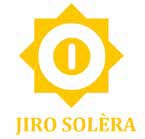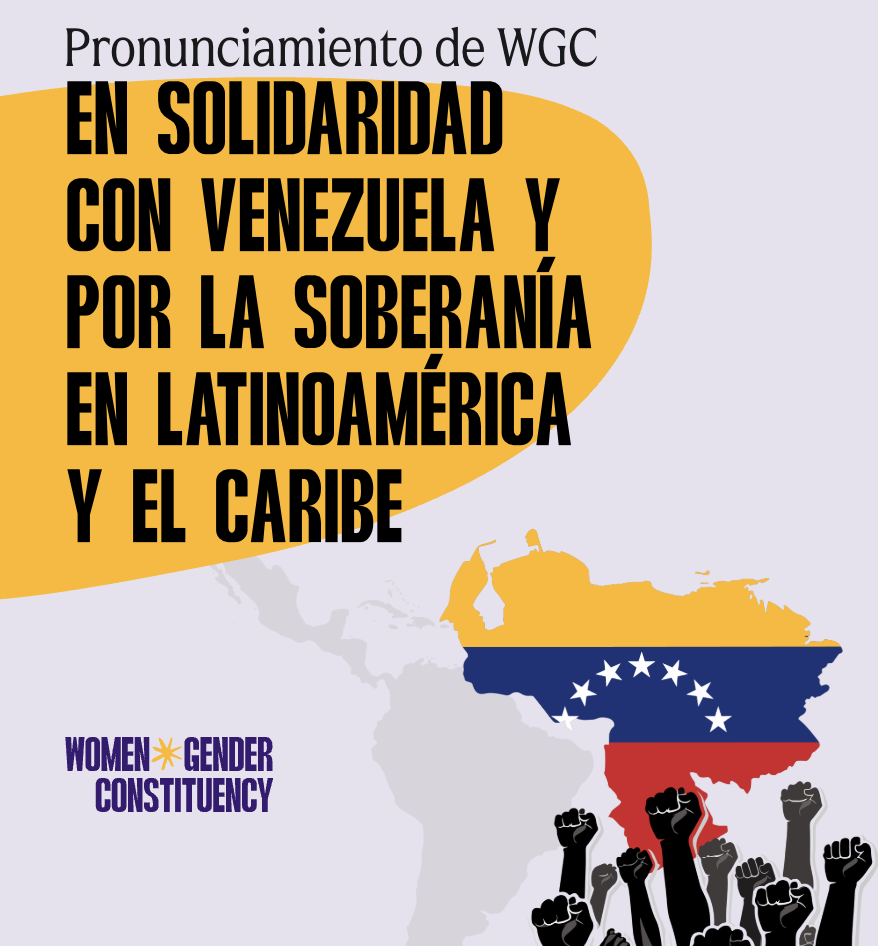
Innovative business model: local female vendors phasing out kerosene lights in energy poor communities
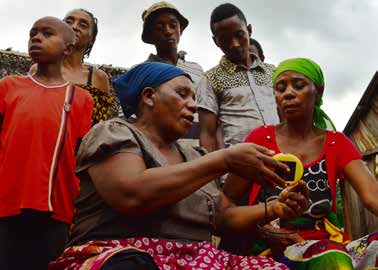
Description of the project
The main objective of this project is to combat light poverty by providing affordable quality solar lights to rural and peri-urban households relying on increasingly expensive kerosene. Five local women have been trained to raise awareness and sell solar lights. They offer flexible payment models to ensure everyone’s access to the lights, including the poorest households in the villages. 650 households in 10 villages (approx. 3250 people) have been reached so far; the majority of the customers have been women. The solar lights provide clearer light, increase the villagers’ productive hours, reduce carbon emissions and the exposure to harmful smoke/air pollution.
Climate impact
This is a climate change mitigation project striving to reduce carbon emissions from kerosene lamps. The burning of 1 liter of kerosene produces 2.5 kg of CO2. Each household in the target communities uses an average of 50 liters/year. Jiro Solèra estimates that so far they have managed to reduce 81,250 kg of CO2 a year. Their goal is to reach 10,000 households, thus reducing 1,250,000 kg of CO2 yearly.
Gender impact
Jiro Solèra works to improve the economic opportunities of local women through a women-led enterprise. The target communities are sceptical to the new sustainable energy source. To date, 7 local women have been trained on raising awareness on the benefits of switching to quality solar lights. They teach women, children and men about the disproportionate effect indoor air pollution and kerosene has on women’s health. They then sell the lights and become role models within their communities.
Scalability / replicability
This project is suitable for energy poor communities; there are still many villages in Madagascar that can be reached. The Roddenberry Foundation provides the project with a catalyst grant and the solar lights are sold at full market price with a small profit margin. The profit is reinvested in new lights, and pooled into salaries. Only solar lights, with 2-year warranty, meeting the Global Lighting Quality Standard are distributed. The team teach the community how to use the warranty.
read the latest from our network
We work across regions and movements in deep solidarity. Together, we’re building collective advocacy to global problems.

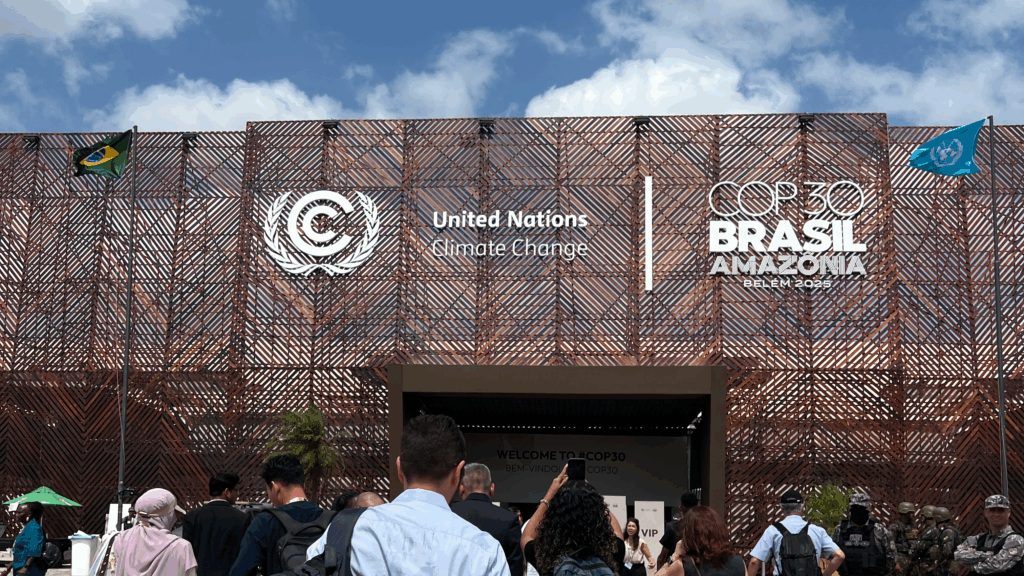




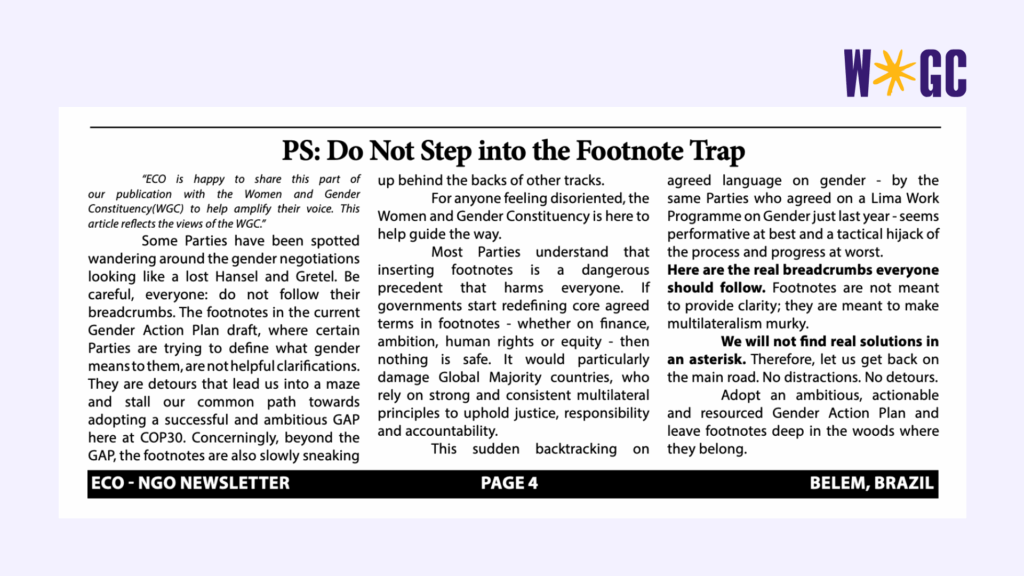
PS: Do Not Step into the Footnote Trap
19/11/2025
